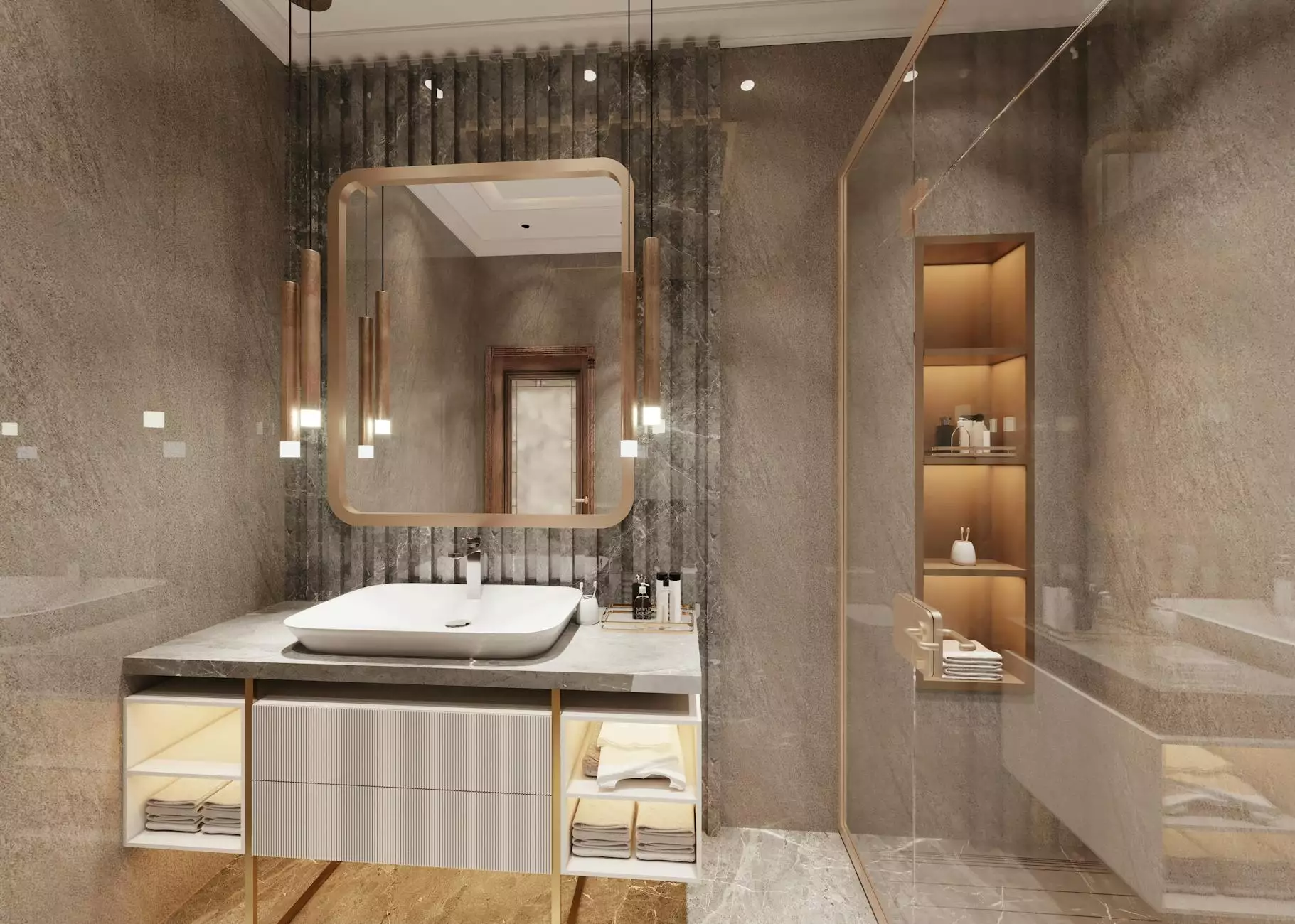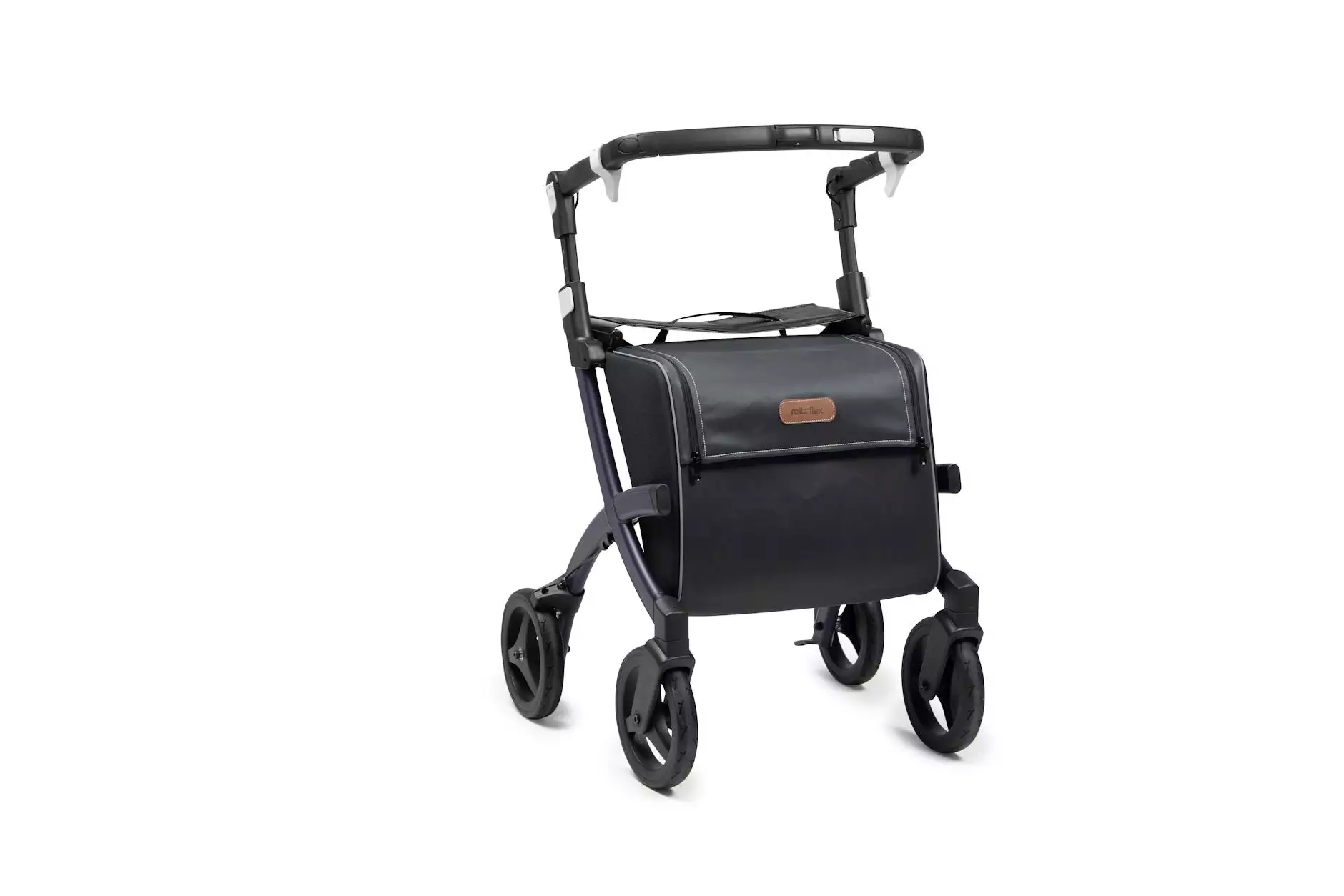Unlocking the Potential of Rhinoplasty: Your Guide to Finding the Right Specialist

When considering aesthetic surgery, rhinoplasty often stands out as one of the most popular options. The nose plays a crucial role in facial symmetry and overall appearance. A rhinoplasty specialist can help you achieve harmony and balance in your facial features, but finding the right one is paramount to getting the results you desire.
What is Rhinoplasty?
Rhinoplasty, commonly referred to as a nose job, is a plastic surgery procedure designed to alter the shape of the nose. This procedure can enhance or reduce the size of the nose, change the shape of the tip or bridge, narrow the nostrils, or correct a deviated septum. Patients often seek rhinoplasty for various reasons, including:
- Improving facial aesthetics
- Correcting breathing issues
- Repairing an injury
- Reconstructing after surgery
Benefits of Choosing a Rhinoplasty Specialist
Selecting a qualified rhinoplasty specialist is essential for a successful outcome. Below are some of the benefits that come with choosing an expert in this field:
1. Expertise and Experience
Only a rhinoplasty specialist possesses the in-depth knowledge and practical experience needed to perform complex nose surgeries. Their training generally includes:
- Medical school
- Residency in plastic surgery or otolaryngology
- Fellowships specializing in facial plastic surgery
2. Tailored Approach to Your Needs
A qualified specialist understands that each patient is unique. They will take the time to consult with you, understand your goals, and develop a customized surgical plan that aligns with your vision for your nose job.
3. Advanced Techniques and Technology
Rhinoplasty specialists stay abreast of the latest techniques and technology in facial surgery. This allows them to utilize minimally invasive procedures, which can lead to quicker recovery times and less postoperative discomfort.
How to Choose the Right Rhinoplasty Specialist
Choosing the right rhinoplasty specialist is crucial for your satisfaction and safety. Here are some tips to help you make an informed decision:
1. Research Credentials
Make sure the surgeon is board-certified and specializes in plastic surgery. Look for additional qualifications in nasal surgery, which can be invaluable to your procedure.
2. Review Before-and-After Photos
Examine the portfolio of previous patients. This gives insight into the surgeon’s style and the kinds of results you can expect.
3. Read Patient Reviews
Online reviews and testimonials can provide a glimpse into the patient experience with the specialist. Look for someone with a track record of satisfied clients.
4. Consultations
Schedule consultations with potential surgeons. This provides an opportunity to ask questions, discuss your goals, and gauge your level of comfort with the specialist.
What to Expect During Rhinoplasty Consultation
Initial Discussion
You will discuss your medical history, previous surgeries, and any current health concerns. It’s essential to be open about your expectations and motivations.
Physical Examination
The surgeon will examine your nose and face, considering both aesthetic and functional aspects. They might take photographs for analysis.
Detailed Explanation of the Procedure
Your specialist will explain the surgical process, including anesthesia options, potential risks, recovery time, and expected outcomes.
Cost and Payment Options
Discuss the overall cost of the procedure, including any additional expenses for medications or follow-up visits. Many specialists offer financing options to make the procedure more accessible.
Understanding the Rhinoplasty Procedure
Once you've selected a rhinoplasty specialist, understanding the procedure will alleviate concerns and help you prepare for surgery:
Types of Rhinoplasty Techniques
There are primarily two types of rhinoplasty:
- Closed Rhinoplasty: All incisions are made inside the nostrils, leaving no visible scars.
- Open Rhinoplasty: An incision is made across the columella (the skin between the nostrils), providing better access for more complex alterations.
Anesthesia Options
Rhinoplasty can be performed under local anesthesia with sedation or general anesthesia, depending on the complexity of the procedure.
Duration of Surgery
The duration of rhinoplasty varies based on individual needs but typically lasts 1.5 to 3 hours.
Recovery Process
Post-surgery, patients may experience swelling and bruising. Most of the swelling resolves within a few weeks, but it can take up to a year for the final results to stabilize completely.
Common Concerns and FAQs About Rhinoplasty
It's entirely normal to have questions or concerns about the rhinoplasty process. Here are some common queries:
Is Rhinoplasty Painful?
Patients typically experience discomfort post-surgery, which can be managed effectively with prescribed pain medications.
How Long Is the Recovery Time?
While many patients return to work within a week, full recovery may take several months. Follow your rhinoplasty specialist's post-operative care instructions to ensure the best results.
Will Insurance Cover Rhinoplasty?
Insurance may cover rhinoplasty if it is performed for medical reasons, such as correcting breathing difficulties or repairing a deformity. Consult your insurer for specific details.
Conclusion
Finding the right rhinoplasty specialist at mustafabagli.com can significantly affect the outcome of your procedure. With their expertise, personalized care, and the dedication to achieving your desired results, a specialist in rhinoplasty is your best ally in transforming your appearance and boosting your self-confidence.
Investing in rhinoplasty is not just about altering your appearance; it can also enhance your quality of life. With the right guidance and professional care, your journey towards a new look and improved self-esteem can begin today!









